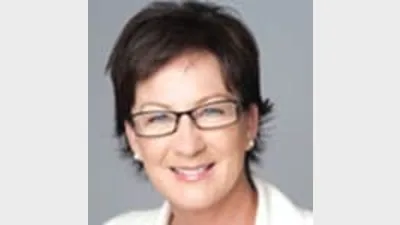No reason for APRA to regulate SMSFs



Self-managed superannuation funds (SMSFs) should not be propelled under the jurisdiction of the Australian Prudential Regulation Authority (APRA) and should remain within the remit of the Australian Taxation Office (ATO), according to the Self-Managed Super Fund Professionals' Association (SPAA).
Reacting to claims by officials within the industry funds sector that SMSFs should be subject to the same oversight as APRA-regulated funds, SPAA chief executive Andrea Slattery said the ATO represented the right regulatory body to oversee the SMSF sector.
"The claim is that the SMSF sector is under-regulated; nothing could be further from the truth," she said.
Slattery pointed out that the ATO had always regulated the taxation of SMSFs and APRA-regulated funds, and had regulated the administration and operation of SMSFs since 1999.
She said that under the Labor government, the ATO had been handed prudential powers by APRA to regulate the auditors, actuaries and trustees of SMSFs, and that the ATO's powers included regulating fraud and theft - something which APRA could not do with respect to the Trio collapse.
"The fact remains that APRA does not have the resources to oversee nearly 500,000 SMSFs, with its audit program simply not structured to handle small funds," Slattery said.
"By contrast, the ATO has been able to build the resources and the expertise, which is why SMSFs were transferred to the ATO in 1999."
Recommended for you
Melbourne advice firm Hewison Private Wealth has marked four decades of service after making its start in 1985 as a “truly independent advice business” in a largely product-led market.
HLB Mann Judd Perth has announced its acquisition of a WA business advisory firm, growing its presence in the region, along with 10 appointments across the firm’s national network.
Unregistered managed investment scheme operator Chris Marco has been sentenced after being found guilty of 43 fraud charges, receiving the highest sentence imposed by an Australian court regarding an ASIC criminal investigation.
ASIC has cancelled the AFSL of Sydney-based Arrumar Private after it failed to comply with the conditions of its licence.











